Overview
This page in the resources section signposts key resources on the general topic of military medical ethics. The other pages provide further resources on key topics, or highlight the sections of these resources that are relevant to the specific topic. We intend that these pages are a valuable source of information for academics and practitioners who are interested in Military Medical Ethics. We have provided this material as a public good, in good faith, respecting copyright and intellectual property. If you are reusing this material, please acknowledge the source.
Military medical ethics is a topic that lies at the intersection of military ethics and medical ethics. Medical practice is governed through the overlap of law, ethics and morality. Law proscribes a non-discretionary course of action. Ethics is the set of of moral principles that govern a person’s activities or behaviours, often codified by professional regulation. Morality is determined by individual conscience. Across many cultures, there is a long history of proscribing the ethical standards by which doctors and other healthcare professionals practice their art through law or regulation. Medical ethics starts with the dictum ‘first do no harm’, though this is incorrectly attributed to the Hippocratic Oath. This is commonly reinforced by Beauchamp and Childress’s four principles of bioethics: autonomy (the right of competent adults to determine their treatment), beneficence and its corollary non-maleficence (favourable outcomes for patients with minimal harms) and justice (fairness on the basis of equality and non-discrimination).
Ethics for healthcare professions contrasts with the ‘military profession’ that has the ultimate function of applying lethal force against a nations’ enemies to achieve political objectives. Military ethics concerns the moral challenges and dilemmas of professional military practice. Even in war, there should be limits to the use of violence. This is commonly separated into ‘jus ad bellum’, the legality of states to go to war, and ‘jus in bello’, the use of military force during hostilities. The latter is guided by the ‘laws of armed conflict (LOAC)’ or ‘International Humanitarian Law (IHL)’. Beyond the conduct of war, there are many aspects of military service that constrain the freedom of armed forces personnel beyond that enjoyed by citizens.
Military healthcare professionals are, arguably, bound by a more extensive range of laws and ethical principles, both domestic and international, than any other group. Although employed in the armed forces, military healthcare professionals will be accountable to their national healthcare professional regulatory bodies for their ethical practice. This ‘dual loyalty’ lies at the heart of MME. Examples include balancing the humanitarian need to care for casualties from conflict and the military need to ensure empty beds in military hospitals for military patients, maintaining patient confidentiality against the need for military commanders to know the fitness of their personnel, and restrictions on medical personnel undertaking combat duties. Military healthcare professionals must base the resolution of ethical issues on relevant principles from both the healthcare and military professions. This topic continues to extensively debate in the military medical literature by both academic ethicists and practitioner. The concept of dual loyalty also applies to other healthcare professionals with institutional obligations like healthcare managers, occupational physicians and prison doctors.

